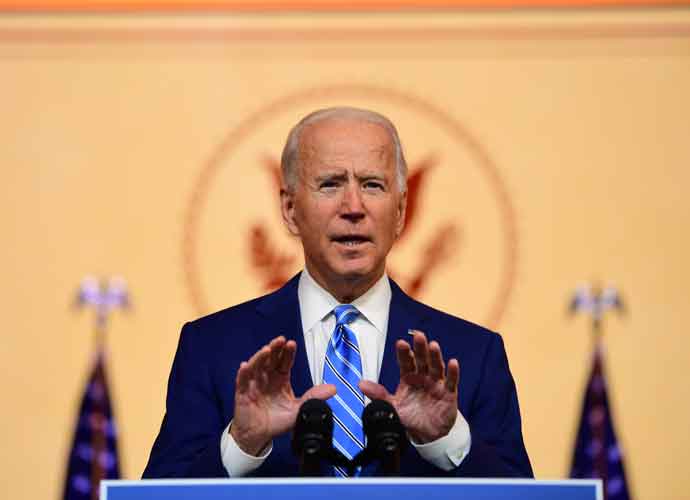Biden Administration Proposes Regulation Banning Medical Debt From Credit Reports
On Tuesday, the Biden Administration proposed a federal regulation to exclude medical debt from credit scores. This change could significantly enhance the ability of millions of Americans burdened by unaffordable medical bills to own a home or buy a car.
This sweeping proposal, announced by Vice President Kamala Harris and CFPB director Rohit Chopra, aligns with increased Biden administration efforts to tackle healthcare debt, a uniquely American issue affecting an estimated 100 million people. It aims to demonstrate that the administration is lowering costs, a primary concern for voters in the upcoming election.
“This is going to be an enormous relief to so many people battling bills when it comes to hospital visits,” said Chopra. “Our research shows that medical bills on your credit report aren’t even predictive of whether you’ll repay another type of loan. That means people’s credit scores are unjustly and inappropriately harmed by this practice.”
According to KFF, a health policy research organization, medical debts affect two in every five Americans, with most owing thousands of dollars. Once these debts go into collections, credit scores suffer, making it harder to obtain car and home loans at reasonable interest rates. This creates a slippery slope for Americans already struggling with other bills.
Subscribe to our free weekly newsletter!
A week of political news in your in-box.
We find the news you need to know, so you don't have to.
While a single unpaid bill may not significantly affect some, large healthcare debts can devastate credit scores for millions, threatening their access to housing.
“No one should be denied access to economic opportunity simply because they experienced a medical emergency,” declared Harris.
The CFPB estimates that the new rule would enable 22,000 more people to qualify for safe mortgages each year. This improvement in credit scores would also benefit lenders by allowing them to approve more borrowers.
The three largest credit agencies – Equifax, TransUnion and Experian – have already taken steps to exclude certain medical debts from creditworthiness calculations. However, a recent CFPB report found that 15 million people still have these bills on their credit reports despite the changes.
According to administration officials, the proposed rules would apply nationwide, preventing future medical bills from appearing on credit reports and removing existing medical debts.
However, patients would still owe these debts, meaning hospitals and other providers could continue using other collection methods, including legal action, to obtain payments.
The new CFPB rule also seeks to address incorrect, confusing and complicated medical bills, which often result in prolonged disputes between patients and billing departments.
“Too often, we see people that are receiving bills that are inaccurate,” said Chopra, “Many patients are fighting over these bills for months, only to find that it then appears on their credit report.”
Hospital leaders and debt collection industry representatives warn that restricting credit reporting may have unintended consequences. It could prompt more hospitals to require upfront payment before providing care, potentially disadvantaging low-income patients.
“The rule, if finalized, would fundamentally alter the U.S. credit-based economy as it is today in terms of reduced consequences for not paying your bills, which in turn will reduce access to credit and health care for those that need it most,” said Association of Credit and Collection CEO Scott Purcell.
Administration officials stated their intention to review public comments on their proposal throughout the remainder of this year. They aim to issue a final rule early next year.
Get the most-revealing celebrity conversations with the uInterview podcast!






Leave a comment